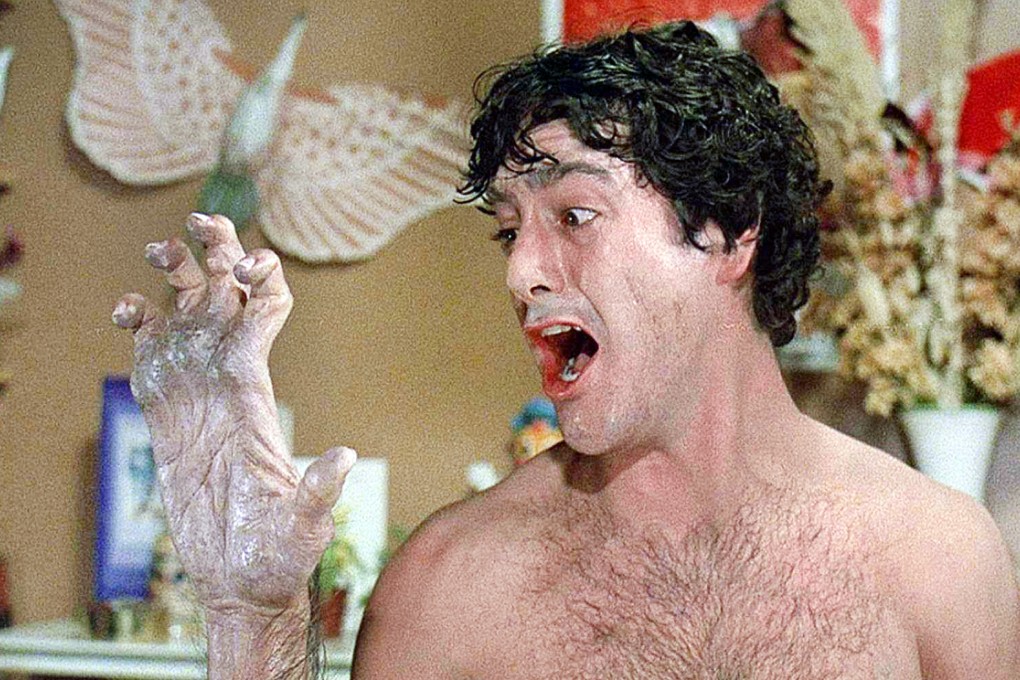It’ll be a howler: Werewolf conference aims to transform opinion on mythical shapeshifters

Scholars from around the world will gather at a British university for a conference on werewolves next month, where they will discuss the cultural significance of the mythical creature.
Professors and delegates attending the Open Graves, Open Minds event can expect to “walk with wolves”and visit the UK Wolf Conservation Trust.
They will also visit the grave of Peter the Wild Boy, a child found in 1725 in the woods near Hamelin , northern Germany, and of unknown parentage. He was said to lived an entirely feral existence - walking on all fours and eating forest vegetation - before being brought to Britain by Caroline of Ansbach, the wife of King George II. Peter was buried in the parish of Northchurch in the 18th century.
Other highlights scheduled for the three-day conference at the University of Hertfordshire include keynote speeches by experts in the field. Dr Sam George, senior lecturer in literature at the University of Hertfordshire, said: “People have been fascinated by human to wolf transformations, down the years, especially in film."
He said many people may recall Lon Chaney Jr in 1941’s The Wolf Man, or the 1980s hit An American Werewolf in London, or the terrifying transformation scene from The Company of Wolves.